Surviving a sudden cardiac arrest can be terrifying. After such a traumatic experience, ongoing fears about your heart health are entirely understandable. This excessive, persistent worry has a name – cardiophobia.
In the dimly lit confines of his apartment, Mark sat hunched over his laptop, his fingers hovering over the keyboard with trepidation. The screen before him glowed with an article detailing the intricacies of cardiophobia, a term he had only recently encountered but one that resonated deeply within him. Just weeks prior, Mark had found himself at the precipice of life's fragile balance when a sudden cardiac arrest had seized him without warning. Amidst the chaos and frantic blur of emergency responders, Mark had felt the icy grip of mortality tighten around his heart, his very essence teetering on the edge of oblivion. Now, as he looked for answers, scrolling through the words illuminated before him, each syllable seemed to echo with the resonance of his fears. The once steady rhythm of his heartbeat now felt like a ticking time bomb, each palpitation a stark reminder of the fragility of his existence. The article spoke of irrational anxieties and obsessive fixations, symptoms that seemed to mirror the turmoil within Mark's mind. Every twinge of discomfort in his chest sent waves of panic coursing through his veins, each breath a precarious dance between fear and desperation. Despite reassurances from his doctors and loved ones, the spectre of sudden cardiac arrest loomed ominously over Mark's every waking moment. He found himself trapped in a relentless cycle of anxiety and dread, his thoughts consumed by the haunting possibility of another heart-stopping episode. As the glow of the laptop screen bathed his weary face, Mark felt the weight of his fears pressing down upon him like a leaden shroud. In the solitude of his home, he grappled with the knowledge that the battle against cardiophobia would be waged not only in the realm of medicine but within the recesses of his mind.
What is Cardiophobia?
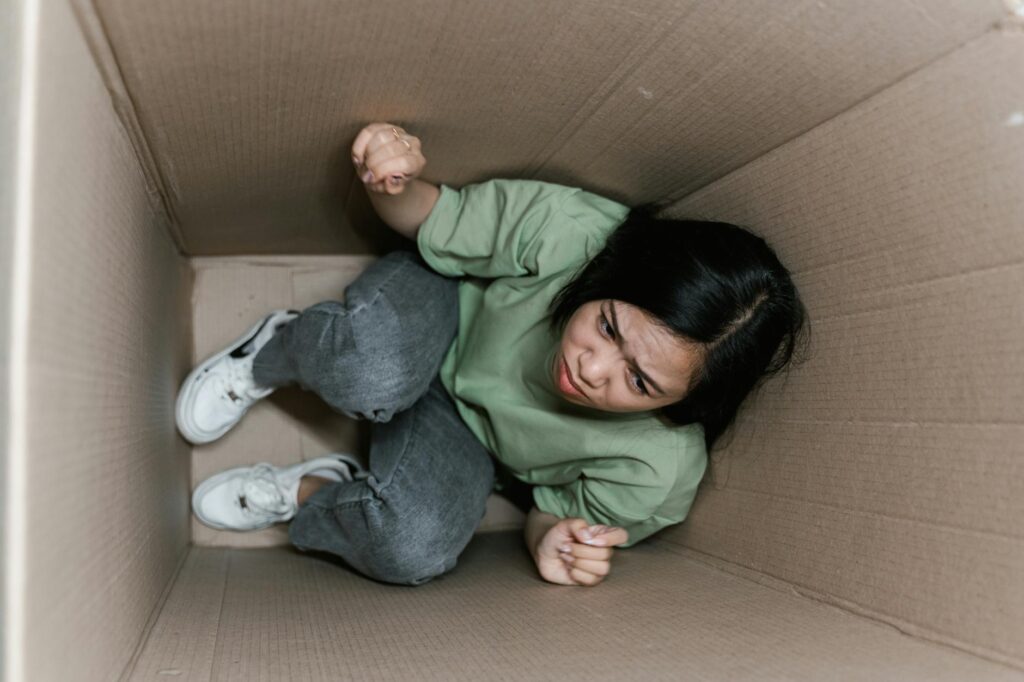
Cardiophobia is an anxiety disorder characterised by intense, constant fears about having another cardiac issue or arrest. The symptoms and thought patterns can consume a survivor’s mindset and make resuming normal daily activities exceptionally nerve-wracking.
Common Symptoms
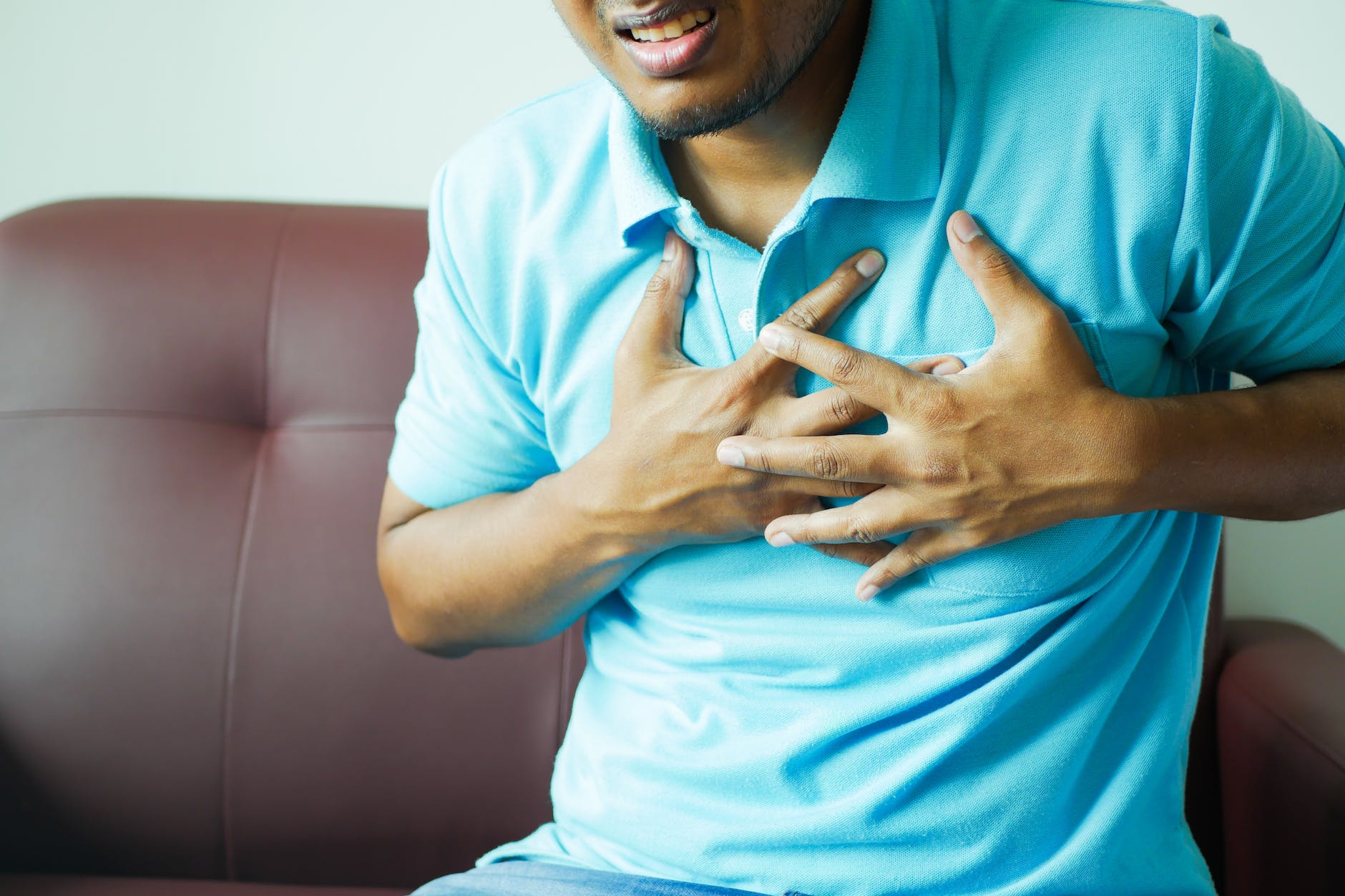
The symptoms of cardiophobia often resemble actual heart troubles like angina or myocardial infarction. They include:
- Chest tightness, pressure, or pain
- Heart palpitations or a ‘flip-flopping’ sensation
- Shortness of breath or difficulty breathing
- Lightheadedness or dizziness
- Nausea or stomach discomfort
- Hot flashes with sweating
- A sense of impending doom about your heart
This leads to a vicious cycle – the more you worry about your heart, the more your anxiety manifests physically, leading to further health-related fears. Breaking this anxious loop is essential to overcoming cardiophobia.
Causes After Cardiac Arrest

Post-traumatic stress from living through a sudden cardiac emergency can trigger cardiophobia. The memory of that brush with death haunts you. The condition may surface soon after the event or months later. Specialist counselling to process the trauma can make a tremendous difference in moving forward.
Some people are more prone to anxiety disorders due to family history, personality traits like neuroticism, or previous adverse experiences. But a traumatic physical event like cardiac arrest can tip anyone into an anxiety spiral. Knowing your risk factors allows you to be proactive about prevention and treatment if signs emerge.
Getting Back to Normal
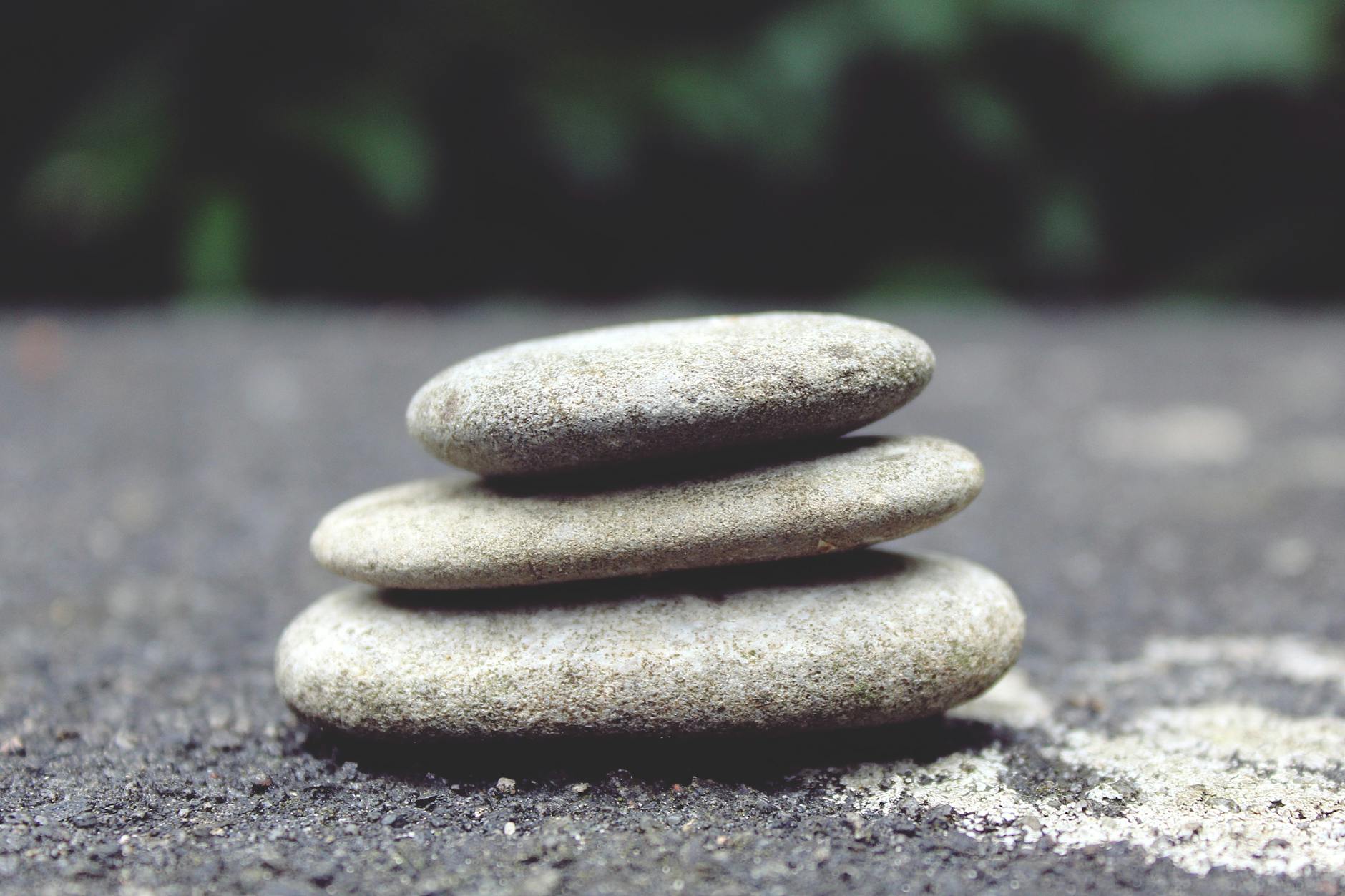
In the initial period after a cardiac arrest, some anxiety is expected as you recover, both emotionally and physically. But over time, cardiophobia symptoms often stabilise or ease, especially with targeted treatment.
Be patient and compassionate with yourself and focus on gradually resuming activities at your own pace. Support groups like our Facebook group can also help normalise your experience and realise you aren’t alone. Many survivors find new purpose in advocating for heart health or guiding others diagnosed with heart conditions.
Treatment Options

Cognitive behavioural therapy (CBT) is highly effective for reframing unhelpful thought patterns that fuel anxiety disorders like cardiophobia. You can break the fearful cycle by recognising distorted thinking styles and shifting negative mindsets. Some fundamental CBT techniques include journaling, questioning irrational beliefs, and using coping statements.
Exposure therapy also helps you systematically confront harmless situations you avoid due to fear in a safe, controlled way. This might involve exercise, going out alone or other triggers. As you face fears without negative consequences, anxiety tends to decrease over time.
Anti-anxiety medications like selective serotonin reuptake inhibitors (SSRIs) may provide temporary relief by boosting neurotransmitters that regulate mood. But therapy gives you tools to manage symptoms long-term.
Holistic Options

Lifestyle changes like getting quality sleep, reducing alcohol intake, regular meditation or yoga, and eating a balanced diet can also help stabilise your mood. Consider an emotional support animal if you live alone. Surround yourself with positive people who understand the aftermath of cardiac arrest.
Be compassionate with yourself on hard days.
Hope After Cardiac Arrest
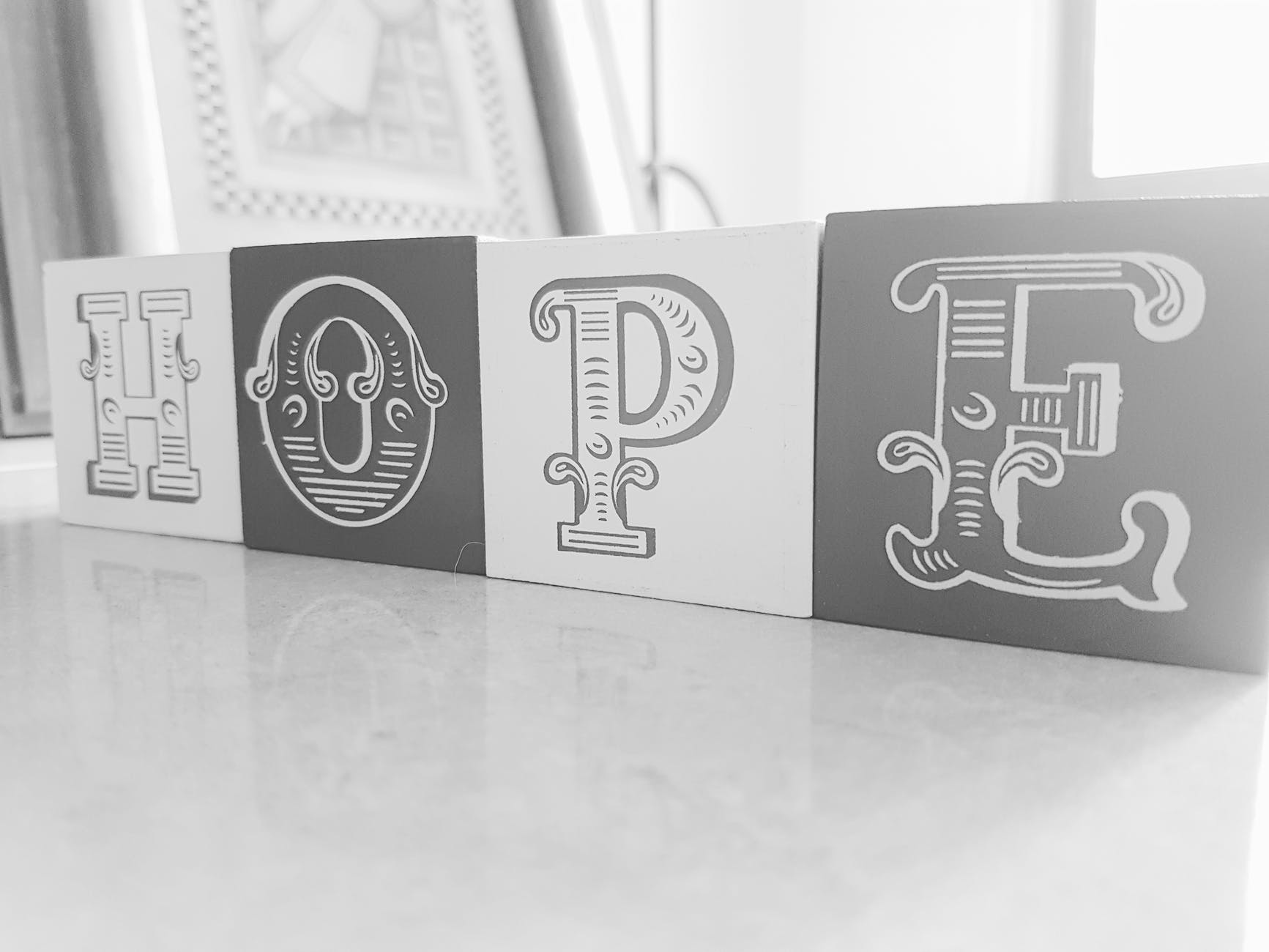
You are more than your diagnosis.
Cardiophobia does not define your future after cardiac arrest.
Regaining confidence in your recovery is absolutely possible, one small step at a time. By being gentle yet persistent, keeping connections alive, and utilising professional support, you can move forward in your ‘new normal’ – a little more wise and brave.
I met Death, a flirtatious dance, My heart stopped, a beatless chance. Now I walk with a peculiar fear, Of my own heart, isn't it queer? Each thump, a morbid joke, Life's irony, a cruel stroke. A sudden arrest, a silent thief, Cardiophobia, my disbelief. Here I stand, a survivor, true, Afraid of the beat that brought me through. Life's funny that way, a dark humour muse, We fear what we've lost, and what we might lose.

After our first meet-up in February 2015, I realised I was not alone. It was the first time since my cardiac arrest the previous year that I had spoken face-to-face with someone who had experienced what I had. This was also true for my wife, who also happened to be my lifesaver. From that meet-up, the idea of SCA UK was born. Since then, we have achieved a considerable amount, primarily providing information, resources and support to others in a similar situation but also raising the profile of survivorship and the need for better post-discharge care. We are starting to get traction in this, and with the formation of the charity, I genuinely believe we have a bright future ahead and will make a significant difference in the lives of many who join our ranks.

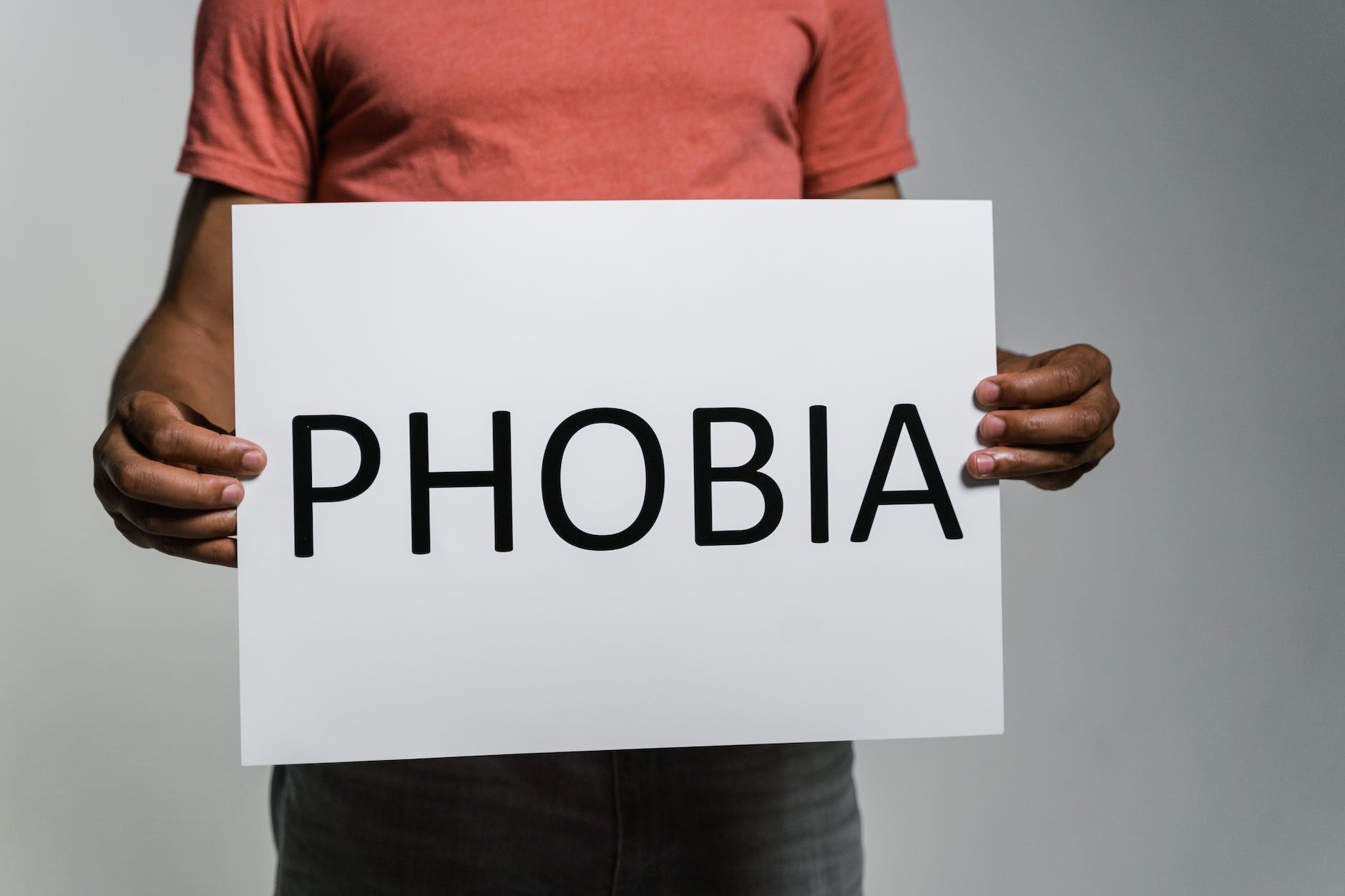
This comment is aimed at Paul, pretty much. My 1st SCA will be 30 years ago this December. My 1st ICD went in my abdomen the following month. My treatment began on the pavement in Northwest London, where I went down, continued in the LAS ambulance, was successfully dealt with at the Royal Free Hospital in London, and, relatively routinely, completed at St Bart’s. The only aftercare available back then was/were my followup appointments at Bart’s. All very matter of fact, routine but no other aid or assistance. I was told that if anything came up weird or unusual, I was to phone the hospital and speak to whoever picked up the phone in cardiology or the ICU, or dial 999. At the time, all very cool and calm. RIGHT UP MY STREET. That’s how I dealt with everything. The bottom line is that I was fully confident of my survival and the reasons for it. I am amazed and gratified at the current advancements in aftercare. More power to you all. I suppose I am an exception, having gone through all the emotions, worries, excitement and whatever else and come out into the light at the end of the tunnel in a relatively sane confident manner. The only limitations on my lifestyle are that I no longer play tennis or ride my bike and I can’t really run for exercise any more. Also, I need to have an afternoon nap every day to keep up my alert levels. Big positive was getting my driver’s licence back only 2 and a half years after the first SCA. Nowadays it’s 6 months if no further events, I think? Onward and upward, folks!!
Great positive attitude Mark👏👏👏
“Many survivors find new purpose in advocating for heart health or guiding others diagnosed with heart conditions.”
This is my Bob!
https://www.iwradio.co.uk/news/local-community-news/islanders-invited-to-learn-cpr-and-save-someone-from-a-broken-heart-this-valentines-day/?fbclid=IwAR2mKd1IPbEJqiNUa_Dw7jBYBRAVZpQ7ZCX67GEAgo7nPxN2NKAPkJpvTjU_aem_AYt03ZY5uetZrJSxlP3auEl9oRstFAic_bAdN8jTuPZqjrqdFhnBXgn4N0x4L3tTb20
And they want to film us too!